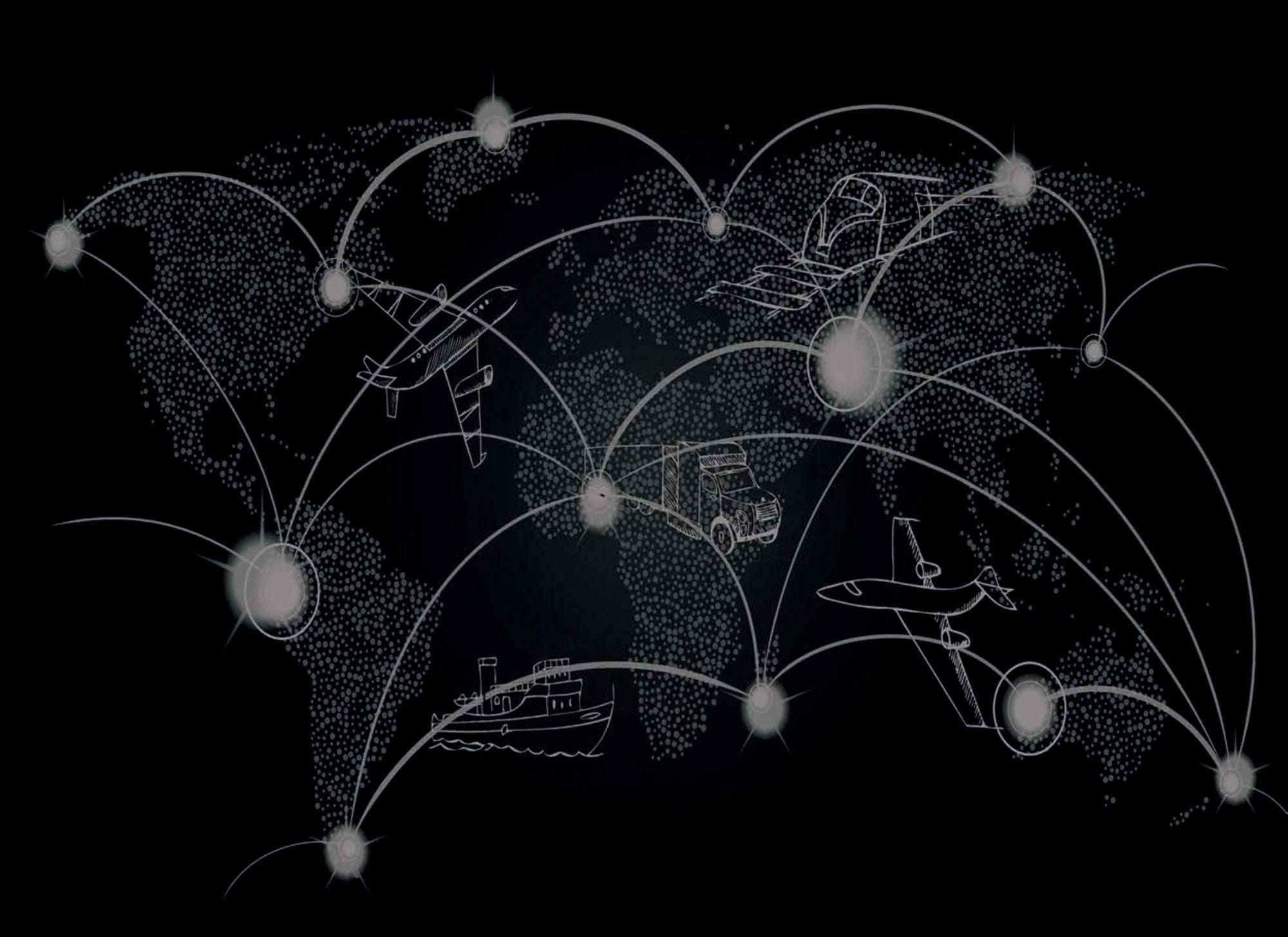Illicit trade in counterfeit and pirated goods poses a major challenge to an innovation-driven global economy. It damages economic growth; poses significant threats to individual and collective health and safety; fuels organised crime; undermines sound public governance, the rule of law and citizens’ trust in government; and can, ultimately, threaten democracy and political stability. The COVID-19 pandemic has accelerated illicit trade, alarming law enforcement in many parts of the world.
Policy makers need solid empirical evidence for taking action against this threat. To meet this need, the OECD and the EU Intellectual Property Office (EUIPO) have joined forces to carry out a series of analytical studies. The results have been published in a set of reports that gauge illicit trade in counterfeit and pirated goods.
We are very pleased to provide an update on the quantitative results published in the 2016, and 2019 OECD – EUIPO reports. We are confident that the results will enhance our understanding of the risk that counterfeiting poses to the global economy, facilitate the development of innovative policy options to respond to these challenges, and promote clean trade in the post-COVID recovery.

Christian Archambeau,
Executive Director,
EUIPO

Elsa Pilichowski,
Director,
OECD, Public Governance Directorate
